
Busting common myths about menopause
We've all been around menopausal women at some point in our lives, either as children when gran came to stay, or as teenagers when we overheard mom talk about "the changes" with the older lady next door.
Even though it made for some interesting overheard conversation, it probably did more harm than good instilling old wive's tales into our head as fact.
"MENtal illness, MENstrual cramps, MENopause. Ever notice how all our problems start with MEN?"
So what are some common myths about menopause? Let's start with the one about age.

Source: Pixabay
MENOPAUSE BEGINS AT 50
Although the average age for menopause is placed at around 52, your body may become menopausal anywhere from your thirties to your early sixties.
Just like with anything else related to women, there are no hard and fast rules to determine what your body clock is doing at any one time.
Many a woman believed she was menopausal in her forties only to discover she was actually pregnant.
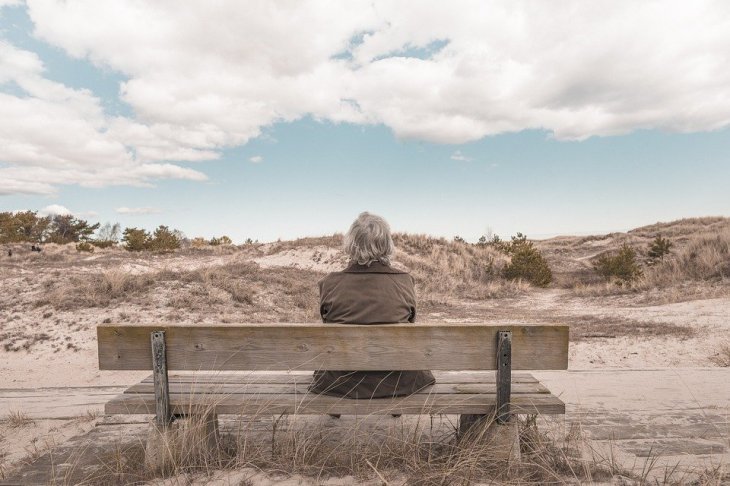
Source: Pixabay
MENOPAUSE ALWAYS LEADS TO WEIGHT GAIN
Yes, it is a common enough thing to pick up weight during menopause, but it's not an inevitable consequence of menopause.
Perimenopause, a period where women experience hot flashes, irritability, and fatigue while still having a period, can last up to 15 years before menopause.
Estrogen, progesterone, and testosterone start fluctuating and can wreak havoc on the sensitive state of a woman's hormonal balance.
The imbalance makes your body go on the defensive, and it invariably starts stocking up on fat reserves – especially around the hips, thighs, and waist – since fat is a source of estrogen.
A simple shift in diet, a good exercise regimen, and staying hydrated is beneficial at any age, and no less during menopause.
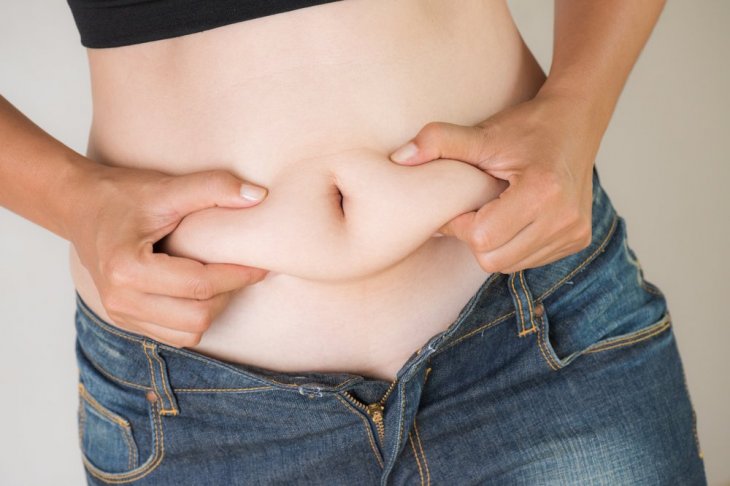
Source: Shutterstock
MENOPAUSE CAUSES WEAK BONES
Women reach a bone-mass peak in their thirties, and it's all downhill from there, menopause or not. After thirty, we experience more bone mass breaking down than we are able to build up.
Poor diet, excessive lifestyles, and poor genetics can all play a part in how much bone mass a woman loses and whether she is able to handle losing that percentage.
Again, diet has a role to play in encouraging bone mass build up and preventing excessive losses. Nutrition, managing hormonal changes, and reducing stress can only help us, regardless of age.
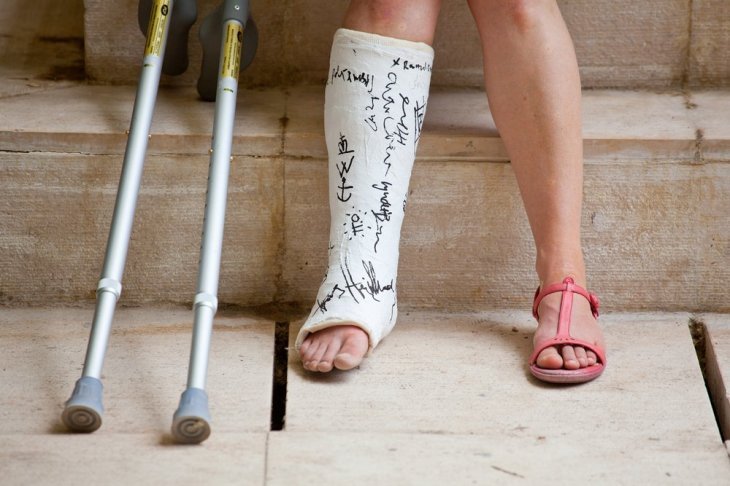
Source: Shutterstock
MENOPAUSE ENDS YOUR SEX LIFE
Decreased sex drives are not a normal part of growing older no matter what anyone says.
A physically lowered libido is a sign of a hormonal imbalance which can cause other issues like vaginal dryness, irritability, and fatigue.
Vaginal dryness makes having sex uncomfortable which goes full circle and lowers your libido psychologically too.
Speaking to a doctor about vaginal dryness is imperative to nip the cycle in the bud before more harm is caused. The use of over-the-counter lubricants can provide temporary relief, and estrogen pills may be an adequate long-term solution.

Source: Freepik
MENOPAUSE STARTS WITH HOT FLASHES
Hot flashes might be the first thing we associate with menopause, but it's not the first symptom for every woman.
Forgetfulness, mood swings, adult acne, sleep issues, vaginal dryness, joint pain, indigestion, irregular periods, fatigue, weight gain, low libido, hair loss, food cravings, anxiety, and PMS symptoms may all indicate that you are entering menopause.
Most women don't notice half of these symptoms, and especially not if they have always suffered from painful periods or have thyroid, hormonal, or adrenal imbalances in general.
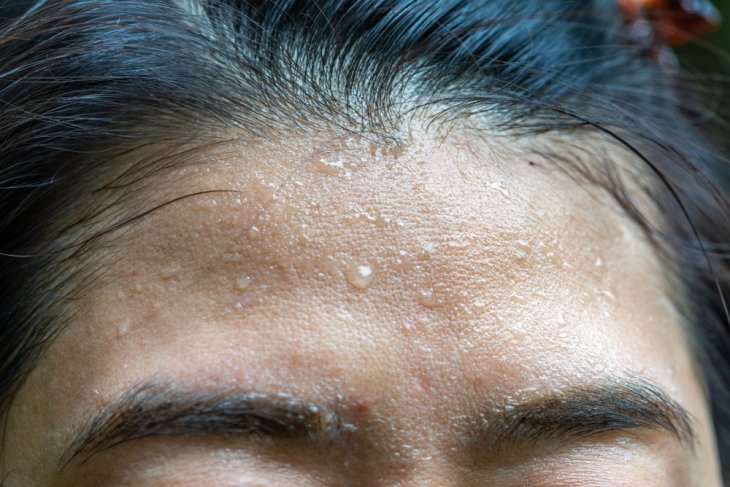
Source: Shutterstock
MENOPAUSE MEANS YOUR BODY STOPS PRODUCING FEMALE HORMONES
The increase in facial hair does not mean that you are transitioning into a teenage boy. You are no less a woman than you were before menopause started.
You will always create estrogen, there is just a decrease in the production of it. Testosterone and progesterone levels also decrease as we get older because they are not needed as much.
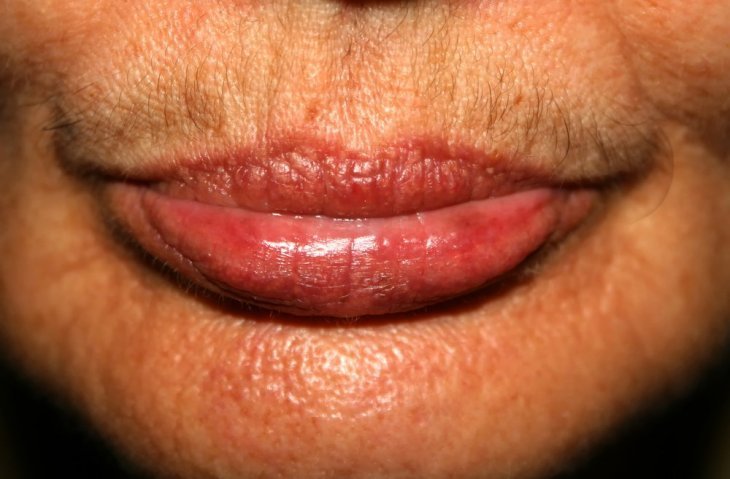
Source: Shutterstock
MENOPAUSE IS ONLY A PHYSICAL CHANGE
Hormonal fluctuation can lead to mood swings and changes in memory and concentration.
Estrogen and progesterone affect our neurotransmitters. We can become easily irritable or anxious at practically a cellular level when serotonin is not provided at high enough levels to our brain.
Estrogen also increases acetylcholine which is the transmitter in charge of memory. Progesterone affects the brain receptors that allow us to relax.
Therefore, a drop in either of these hormones is noticeable almost immediately from an emotional standpoint.

Source: Freepik
MENOPAUSE CAN ONLY BE TREATED WITH HORMONE REPLACEMENT THERAPY
As with anything, there are always many sides to any treatment. Not everyone's experiences are the same. Some women are debilitated from period pain, others seem to be unaffected by cramps, pimples, and mood swings.
A percentage of women will breeze through menopause, accept their body's changes with grace, and simply get on with the rest of their lives.
Other women seem to approach menopause kicking and screaming, seemingly with no end in sight, and wishing they were dead.

Source: Shutterstock
If you feel overwhelmed in any way, seek help. Doctors have many tricks in their bag, not just hormone replacement, so write down all your symptoms and make an appointment.
After all, if it doesn't kill you, it can only make you stronger. With a nod to Helen Reddy: We are women, hear us roar.
The information in this article is not intended or implied to be a substitute for professional medical advice, diagnosis or treatment. All content, including text, and images contained on news.AmoMama.com, or available through news.AmoMama.com is for general information purposes only. news.AmoMama.com does not take responsibility for any action taken as a result of reading this article. Before undertaking any course of treatment please consult with your healthcare provider.
